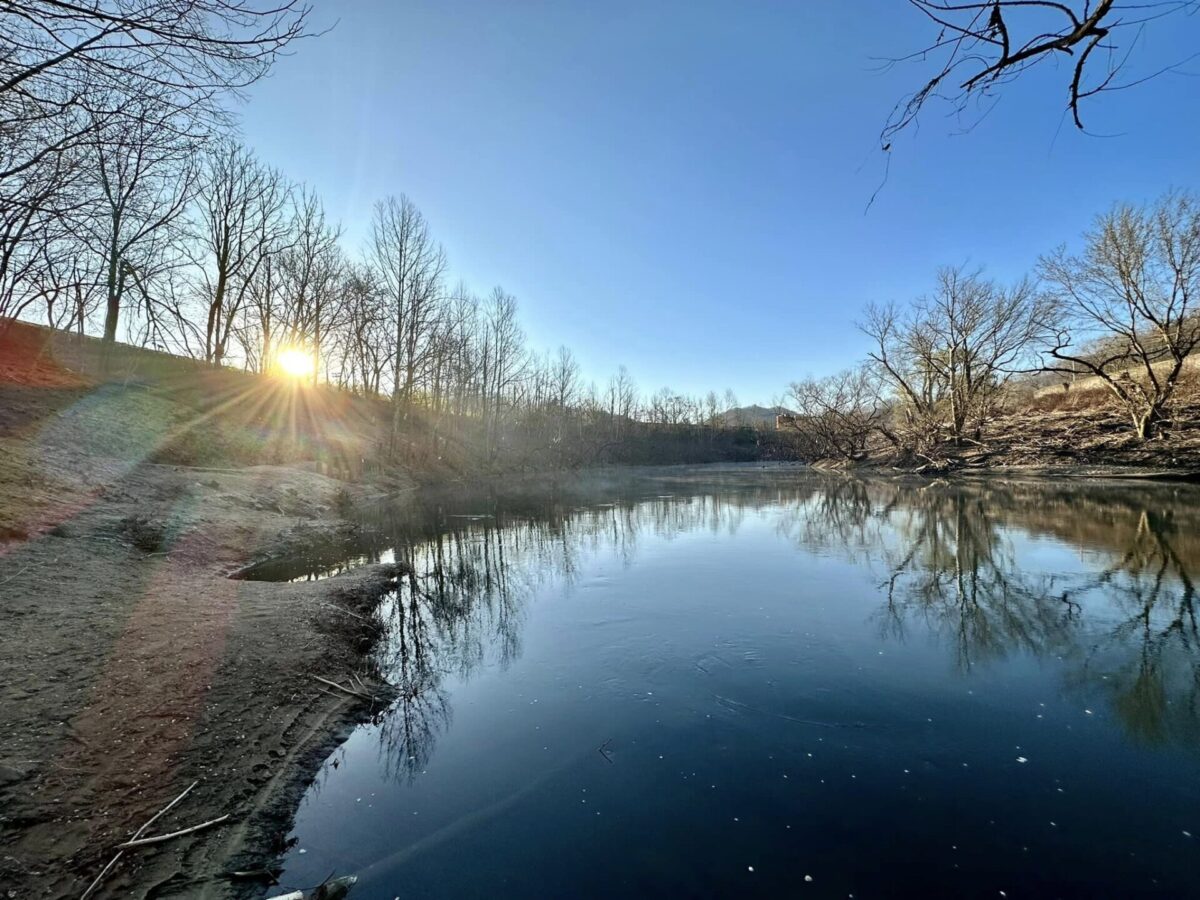Friends of Tug Fork River will host a public hearing this Saturday to talk about the future of the natural waterway.
The meeting is open to anyone living in communities along the Tug Fork River and is part of a series of listening sessions for areas along the Ohio River Basin.
Over the years, the area has suffered contamination from mine waste, toxic waste, sewage and farm runoff, inadequate water infrastructure, flooding and habitat loss.
The National Wildlife Federation, in collaboration with the Ohio River Basin Alliance and Ohio River Valley Water Sanitation Commission, is heading a campaign to protect and restore the area’s ecosystem.
The portion of the Tug Fork watershed within West Virginia drains lands in McDowell, Mingo and Wayne counties and encompasses a 932 square mile area of rugged terrain, including steep-sided mountains and rock cliffs.
Friends of Tug Fork River Vice President John Burchett said the group plans to discuss a new regional clean water proposal and the removal of old tires from the river. Last summer, volunteers collected more than 1,300 tires from the river.
Tire drop off sites are available under the West Virginia Department of Environmental Protection’s (DEP) Rehabilitation Environmental Action Plan (REAP) for individuals with proof of West Virginia residency.
Burchett said in addition to pollutants like garbage and tires, there is a problem with raw sewage flowing into the Tug Fork River.
“We have a lot of rural areas along the river that do not have municipal sewage systems,” Burchett said. “A lot of those have septic systems that have failed over the years and have not been properly maintained, and a lot of them never had a septic system to start with. It was straight piped into a creek.”
Jordan Lubetkin, a representative with the National Wildlife Federation, will be on hand to take questions and document comments for a grant request for federal money to help protect natural waterways. Community input from the listening session will help establish a list of priorities for the regional clean water plan.
The public hearing is Saturday, March 25 at the Williamson Fire Department hall from 3 p.m. to 5 p.m.
Food and refreshments will be available at the event.
